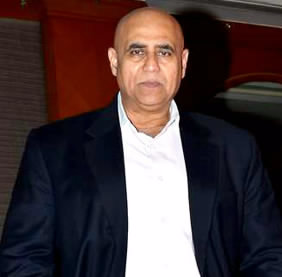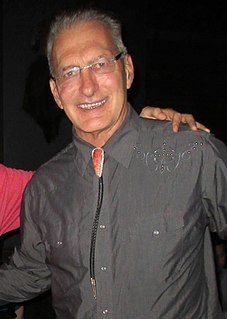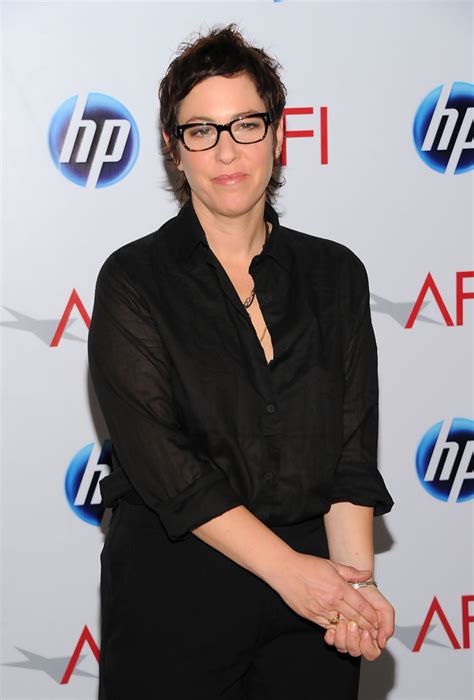A Quote by Puneet Issar
'My Name is Khan' saw the post 9/11 scenario from a Muslim perspective. In fact all films dealing with the post 9/11 conflict - whether 'New York,' 'Kurbaan' or 'Khuda Kay Liye' only showed how Muslims were victimized.
Related Quotes
I think that horror films have a very direct relationship to the time in which they're made. The films that really strike a film with the public are very often reflecting something that everyone, consciously or unconsciously feeling - atomic age, post 9-11, post Iraq war; it's hard to predict what people are going to be afraid of.
I'm dealing with Mexico, I'm dealing with Argentina. We were dealing in this case with Mike Flynn. All this information gets put into The Washington Post and The New York Times, and I'm saying, what's going to happen when I'm dealing on the Middle East? We've got to stop it. That's why it's a criminal penalty.


































